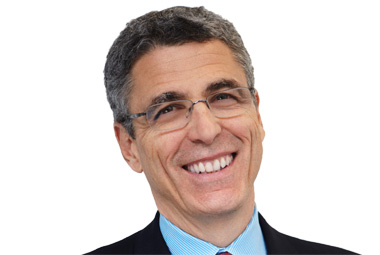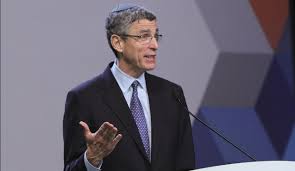
Early in my Jewish education, I was taught that, as Jews and as human beings living in an imperfect world, we are obligated to stand up and speak out in the face of injustice. However small or large the perceived wrong, and despite our shaking legs and cracking voices or how powerful and vocal the opposition, it is our duty as Jews to confront injustice. As a Reform Jew, I was taught to question and to think critically about the world, my faith, and my personal views and perceptions. And yet, when it came to Israel, there existed in the Jewish community a sort of unwritten rule, an unspoken promise not to question Israel or its policies. I would later discover that this attitude reflected the larger American and international Jewish community and many communal institutions. Although my Hebrew school classmates and I were encouraged to struggle and wrestle with God and Jewish theology, and to have a complicated relationship with American society, we subconsciously subscribed to the attitude, based on fear, that any criticism of Israel was a threat to the Jewish people.
Meanwhile, in his inspiring, progressive sermons, our rabbi spoke out against the Iraq War, the unequal treatment of women in the workplace, the Bush administration’s use of waterboarding, and many other issues of social and political import. We were encouraged to speak critically, when appropriate, of the U.S. government and its policies, and of inequities in American society. As a congregation, we were called to action to ensure that the country we know and love upholds its constitutional ideals and cherished values. We were encouraged to believe that dissent is, in the words of historian Howard Zinn, “the highest form of patriotism.”
But criticism of Israel and its government, of Israeli policies and society, was strongly discouraged. Israeli policies remained untouched, its government’s actions always deemed justified. As Jews, we were expected to give Israel our undying support by our words and our wallets. I believe that the rabbi and the synagogue’s leaders were well-intentioned, but their overly sensitive defense of Israel did not prepare me for some of the conversations and new perspectives that I have since encountered in my young adult life. There were some Israeli policies and actions that I found I could simply not defend, and I felt betrayed, for it seemed that I had been provided with a partial truth..
As a committed Jew and lover of Israel, I can no longer unconditionally defend the Israeli occupation and the unjustifiable misery and humiliation it daily imposes on the Palestinians. I can no longer defend the ever-expanding settlements and detrimental damage they do to the two-state solution—the only viable, just solution to the conflict that ensures Israel’s long-term security. I can no longer defend the slow, painful erosion of Israel’s democratic and Jewish character by right-wing extremists in the Israeli government. And I can no longer remain silent as the country I love, my Jewish homeland, acts in self-destructive ways.
This summer I have been privileged to intern at Americans for Peace Now (APN), an organization that, in its love for Israel, refuses to be silent. I am also a board member of the American University chapter of J Street U, which also welcomes open discussion and debate on the Israeli-Palestinian conflict. If not for organizations like APN and J Street U, many Jewish peers and I would be less involved with Israel and with the Jewish community. For those of us motivated by a love of Israel and hope for a better future, and who wish to apply the progressive Jewish values that our religious education has instilled in us, APN, J Street, and like-minded groups offer a viable and safe home.
In April, I attended the J Street U Student Town Hall in Baltimore, where Rabbi Rick Jacobs, President of the Union of Reform Judaism, inspired us with his commitment to the two-state solution. Rabbi Jacobs put in words what many of us believed, that the Jewish-Israeli and Palestinian narratives are equally legitimate and need to be understood with mutual recognition and respect. As Hannah Silverfine eloquently expressed in her May 2, 2014, essay in New Voices, the institutional Reform movement needs Rabbi Jacobs’ message to filter down to the grassroots level of Reform Jewish education. It is vital that the Reform movement adopts an Israel curriculum that allows for the same thoughtful discussion and questioning that every other topic addressed by the movement receives.
It is a moral imperative that love and support for Israel be instilled in our youth; however, it is equally important that we openly acknowledge and discuss the occupation and complexities of Israel’s history while emphasizing the need to work for a peaceful solution. Reform Judaism, for many of my peers and I, is a safe haven for every issue except Israel. While I feel strongly that this must change, the words of Rabbi Jacobs have given me tremendous hope that it can.
In the end, I believe it is only through the voices of peace, of love, of understanding and empathy, and of justice – the voices of people and organizations like APN, J Street, and Rabbi Rick Jacobs – that can achieve a lasting peace for Israelis and Palestinians, and that will help retain the Jewish and democratic character of Israel. It is because of my connection to Reform Judaism and desire to live a life of tikkun olam, that I am dedicating my life to Jewish Studies and the Jewish values I hold dear – values which should apply universally and not be overlooked when considering Israel.
Hannah Ehlers is a student at American University.

